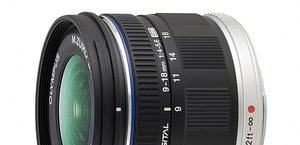Fujifilm Fujinon XF 23 mm f/1.4 R LM WR
7. Coma, astigmatism and bokeh
| X-T2, f/1.4, center | X-T2, f/1.4, Corner |
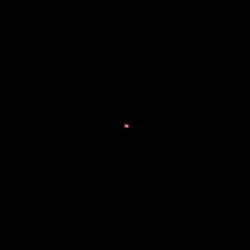
|
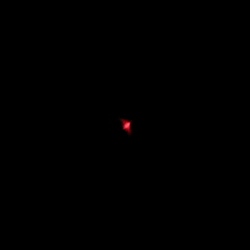
|
| X-T2, f/2.0, center | X-T2, f/2.0, Corner |

|
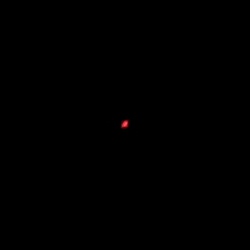
|
Astigmatism, understood as an average difference between horizontal and vertical MTF50 function values, amounted to 17.7%. It's an average value, even approaching high levels. The influence of this aberration is perfectly visible when you look at diode images, shown above. At the maximum relative aperture, where astigmatism doesn't allow to focus the diode to a point, it occupies several pixels so interpolation algorithms can determine its colour well enough. On stopping down to f/2.0 astigmatism decreases significantly, image beomes sharper, and the diode manages to fit one pixel only – as a result algorithms lose information about its colour.
Please Support UsIf you enjoy our reviews and articles, and you want us to continue our work please, support our website by donating through PayPal. The funds are going to be used for paying our editorial team, renting servers, and equipping our testing studio; only that way we will be able to continue providing you interesting content for free. |
- - - - - - - - - - - - - - - - - - - - - - - - - - - - - - - - - - - - - - - - - - - - - - - -
Defocused circles of light look really well – especially if you take into account the fact that you deal here with a wide angle lens. Look at them more closely and you'll find a very delicate trace of onion-ring bokeh, most likely a result of using aspherical elements. You can have more reservations when it comes to mechanical vignetting – it doesn't disappear completely even on stopping down the aperture by 2 EV.
| X-T2, f/1.4, center | X-T2, f/1.4, Corner |
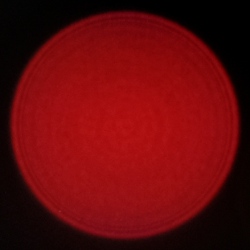
|
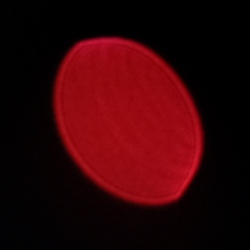
|
| X-T2, f/2.0, center | X-T2, f/2.0, Corner |
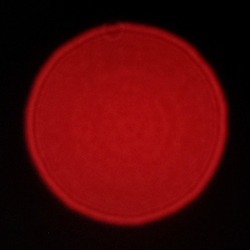
|
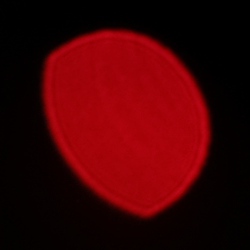
|
| X-T2, f/2.8, center | X-T2, f/2.8, Corner |
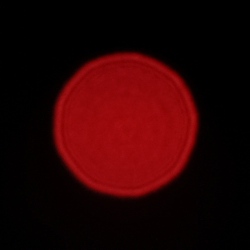
|
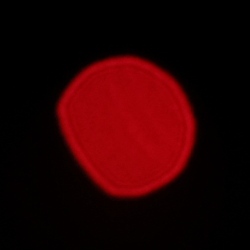
|






